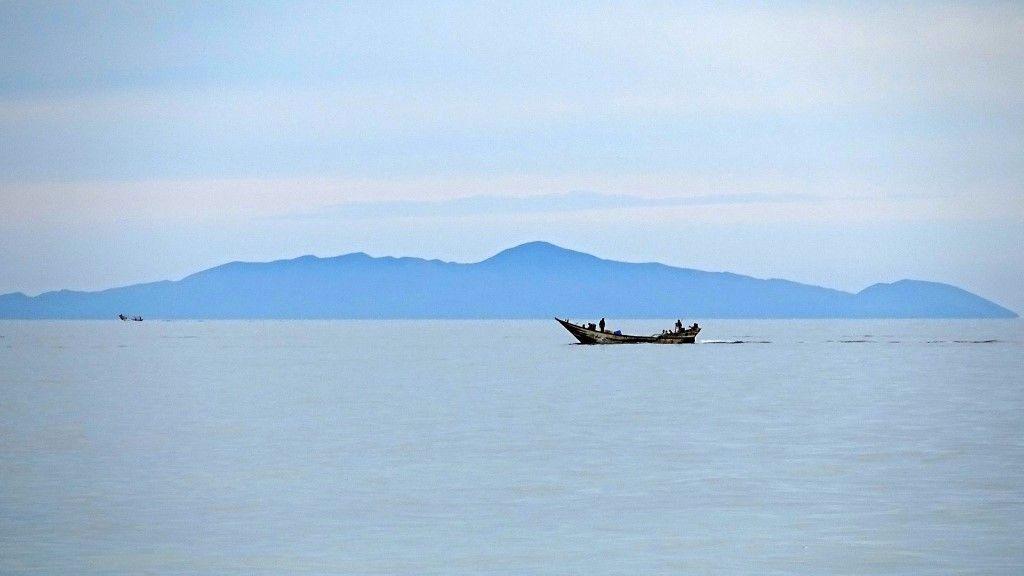Jordan’s wheat stock is sufficient for 15 months, official claims
AMMAN: Jordan’s wheat stock is sufficient for 15 months, according to officials, amid concerns of supply cut-offs and price hikes as a result of the ongoing war between key wheat exporters Russia and Ukraine.
Anwar Ajarmeh, chairman of the Jordan’s General Company for Silos and Supply, said the kingdom’s storage of imported wheat is “comfortable” and could supply the local market for 15 months.
In remarks to local media on Tuesday, Ajarmeh said the country’s storage of barley could also meet the local market needs for 11 months.
He explained that the country has a wheat stock of 1.388 million tons, of which 858,000 tons are stored in the company’s silos and the Ministry of Industry, Trade and Supply’s pits.
He said that Jordan imports some 95 percent of wheat consumed, adding that the kingdom is “required to look for alternatives to be prepared for a prolonged Russian-Ukrainian war and an accompanying congestion in global supply chains.”
Emphasizing that the Russia-Ukraine war has no impact on Jordan’s immediate wheat imports, the Ministry of Industry, Trade and Supply said that 90 percent of Jordan’s annual imports of wheat are from Romania.
Yanal Barmawi, the ministry’s spokesperson, said there were no imports of wheat during 2021 or 2022 from Russia due to export taxes levied by Russian authorities on wheat, barley and corn.
Barmawi added that Jordan did not import any wheat or barley from Ukraine during the first two months of 2022, adding that wheat imports from Ukraine in 2021 did not exceed 10 percent.
He said that Jordan imports barley from Australia, France, Germany, Romania and Argentina.
“The kingdom’s stock of wheat is sufficient for a period of 15 months,” he reiterated.
Russia and Ukraine together account for nearly one-quarter of the global wheat exports.
The two warring countries are also key suppliers of barley, sunflower seed oil and corn, among other products, with Ukraine alone making up almost half of exports of sunflower oil.
Nael Kabariti, chairman of the Jordan Chamber of Commerce, said Jordan only imported wheat from Ukraine twice over the past two years and “only in small amounts,” adding that the country’s supply of wheat comes from non-Ukrainian sources.
Kabariti said Jordan imports sunflower oil and corn from Ukraine but can resort to other producers in case of any disruption, including Malaysia and Indonesia.
He added that Jordanian traders have accumulated experience in addressing disruption in global supply chains, especially following the COVID-19 pandemic.
“We have learned a good lesson during the pandemic. Everywhere in the world, there was a shortage in supply except in Jordan.
“It happened before during the Chernobyl disaster (in 1986) when Jordanian traders succeeded in securing alternative suppliers when Jordan had banned imports from Ukraine,” he said.
Asked whether the war in Ukraine would have an impact on prices in Jordan, Kabariti said: “There will be no direct impact on prices of basic food items in the local market because we deal with other suppliers. But of course, there would be an indirect impact in case of an increase in international shipping prices.”
He added that there is “no need to panic and there are solutions in place in case of any disruption in global supply chains.”

Ukrainian crisis hits Jordanian students, importsEgypt issues wheat tender as Ukraine war threatens supply



